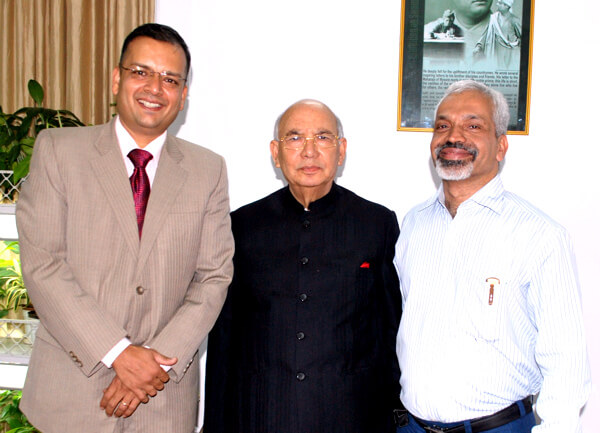The hospitality sector has begun to recognize the need for constant training and up gradation of human skills: they also understand that training is a motivator and one of the many reasons for staff wanting to stay with an organization, if done professionally. So here’s the upside of training: while the principle reason is for improving skills, whether technical or behavioural, the subsidiary reasons of employee motivation and employee retention are enough to justify the training efforts… in fact a lack of adequate and quality training is considered as a “dissatisfier” for Gen Y, if one were to refer to Herzberg on motivation.
Alvin Toefler had an interesting perspective on the definition of an educated person of this millennium: “The illiterate of the 21st century will not be those who cannot read and write, but those who cannot learn, unlearn, and relearn.”
In an earlier blog, I had talked about a recent training session conducted where it was interesting to note how the participants unanimously felt that the guests they engaged with were targets for achieving their revenue budgets. Traditionally this would not be viewed as a doodah since the bottom line of all business is profitability. However, what if we were to try another approach…service the customer empathically and watch how he helps you with your revenue targets and conversions in the long run?
Hence training is not just about cramming ideologies and skills into the employees – it is also about helping them relearn and let go of their mindsets of the past… for as the world is fast changing, so is our industry… into a newer paradigm.
Remember – The truth will set you free… Happy Independence Day, India!




